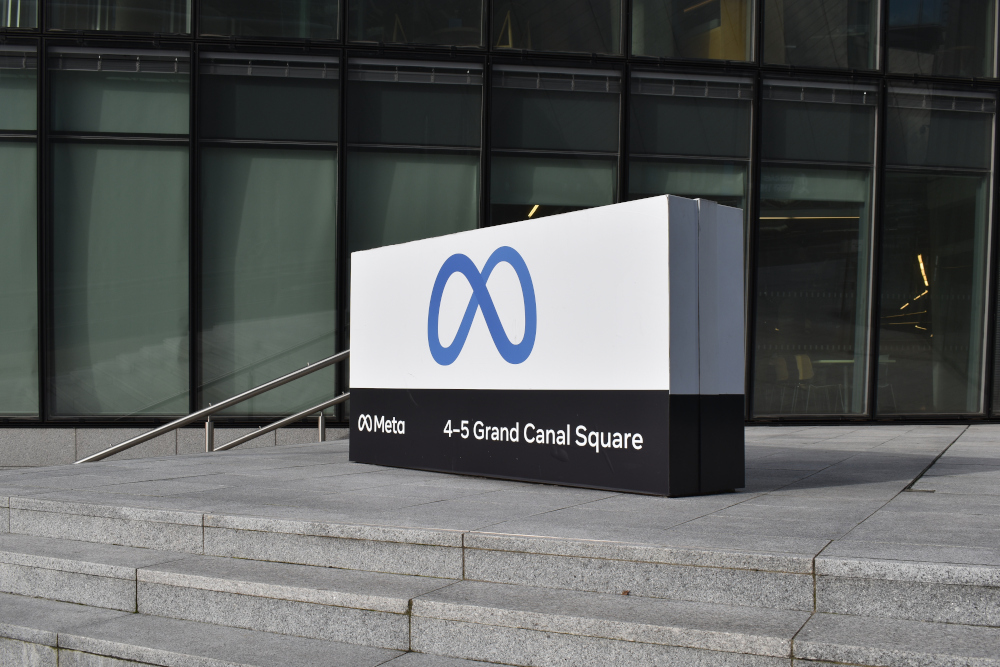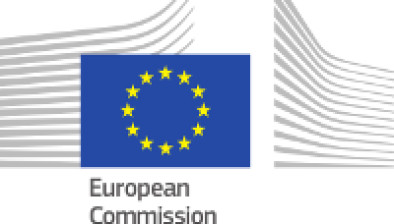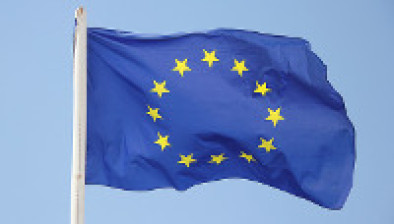European Commission finds Apple and Meta in breach of Digital Markets Act

The European Commission has fined Apple and Meta after finding that the tech giants breached their obligations under the Digital Markets Act (DMA).
Apple breached its anti-steering obligation under the DMA and Meta breached its obligation to give consumers the choice of a service that uses less of their personal data. As a result, Apple and Meta have been fined €500 million and €200m respectively.
Under the DMA, app developers distributing their apps via Apple’s App Store should be able to inform customers, free of charge, of alternative offers outside the App Store, steer them to those offers and allow them to make purchases.
The Commission found that Apple fails to comply with this obligation. Due to a number of restrictions imposed by Apple, app developers cannot fully benefit from the advantages of alternative distribution channels outside the App Store.
Similarly, consumers cannot fully benefit from alternative and cheaper offers as Apple prevents app developers from directly informing consumers of such offers. The company has failed to demonstrate that these restrictions are objectively necessary and proportionate.
As part of its decision, the Commission has ordered Apple to remove the technical and commercial restrictions on steering and to refrain from perpetuating the non-compliant conduct in the future, which includes adopting conduct with an equivalent object or effect.
The fine imposed on Apple takes into account the gravity and duration of the non-compliance.
The Commission has also closed the investigation on Apple’s user choice obligations, thanks to “early and proactive engagement” by Apple on a compliance solution.
Under the DMA, gatekeepers must seek users’ consent for combining their personal data between services. Those users who do not consent must have access to a less personalised but equivalent alternative.
In November 2023, Meta introduced a binary ‘Consent or Pay’ advertising model. Under this model, EU users of Facebook and Instagram had a choice between consenting to personal data combination for personalised advertising or paying a monthly subscription for an ad-free service.
The Commission found that this model is not compliant with the DMA, as it did not give users the required specific choice to opt for a service that uses less of their personal data but is otherwise equivalent to the ‘personalised ads’ service. Meta’s model also did not allow users to exercise their right to freely consent to the combination of their personal data.
In November 2024, after numerous exchanges with the Commission, Meta introduced another version of the free personalised ads model, offering a new option that allegedly uses less personal data to display advertisements. The Commission is currently assessing this new option and continues its dialogue with Meta, requesting the company to provide evidence of the impact that this new ads model has in practice.
Apple and Meta are required to comply with the Commission’s decisions within 60 days, otherwise they risk periodic penalty payments.







